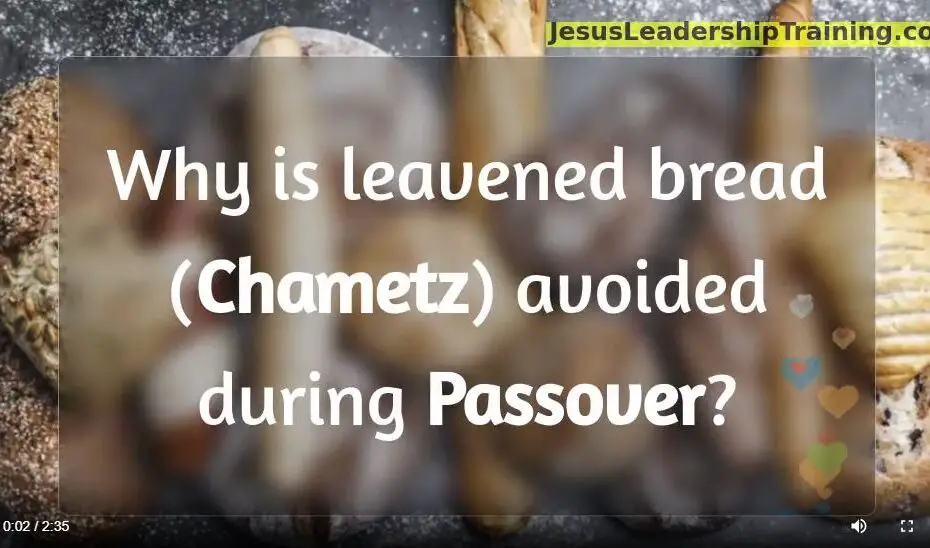The avoidance of leavened bread (chametz) during Passover is deeply rooted in the biblical narrative of the Exodus, where the Israelites, in their haste to leave Egypt, did not have time to let their bread rise. This is encapsulated in Exodus 12:39, which states: “And they baked unleavened cakes of the dough which they brought forth out of Egypt, for it was not leavened; because they were thrust out of Egypt, and could not tarry, neither had they prepared for themselves any victual.” This verse highlights the urgency of the Israelites’ departure from Egypt, symbolizing their transition from slavery to freedom. Leavened bread is avoided during Passover as a remembrance of this pivotal moment, reinforcing the themes of haste, deliverance, and simplicity inherent in the Exodus story.
Here are three main takeaways regarding the avoidance of leavened bread (chametz) during Passover:
- Symbol of Humility: The use of unleavened bread, or matzah, symbolizes humility, simplicity, and a stripping away of pride and excess. Leaven causes bread to rise, which can be seen as a metaphor for pride or ego inflation. Eating matzah serves as a reminder of the importance of humility and the dangers of becoming “puffed up” with pride.
- Remembrance of Deliverance: By avoiding leavened bread and eating matzah, Jews annually remember the haste with which their ancestors left Egypt. This practice serves as a physical and spiritual reenactment of the Israelites’ escape from slavery to freedom, highlighting the theme of deliverance central to the Passover holiday.
- Obedience to Commandment: The avoidance of chametz is also an act of obedience to God’s commandments. In Exodus 13:7, it is stated: “Unleavened bread shall be eaten seven days; and there shall no leavened bread be seen with thee, neither shall there be leaven seen with thee in all thy quarters.” This directive underscores the importance of following God’s laws and the sanctity of the Passover observance.
In summary, the avoidance of leavened bread during Passover is a multifaceted practice that encapsulates key themes of the Exodus narrative, including humility, remembrance of deliverance, and adherence to divine commandments, offering profound lessons on faith, obedience, and the value of freedom.


